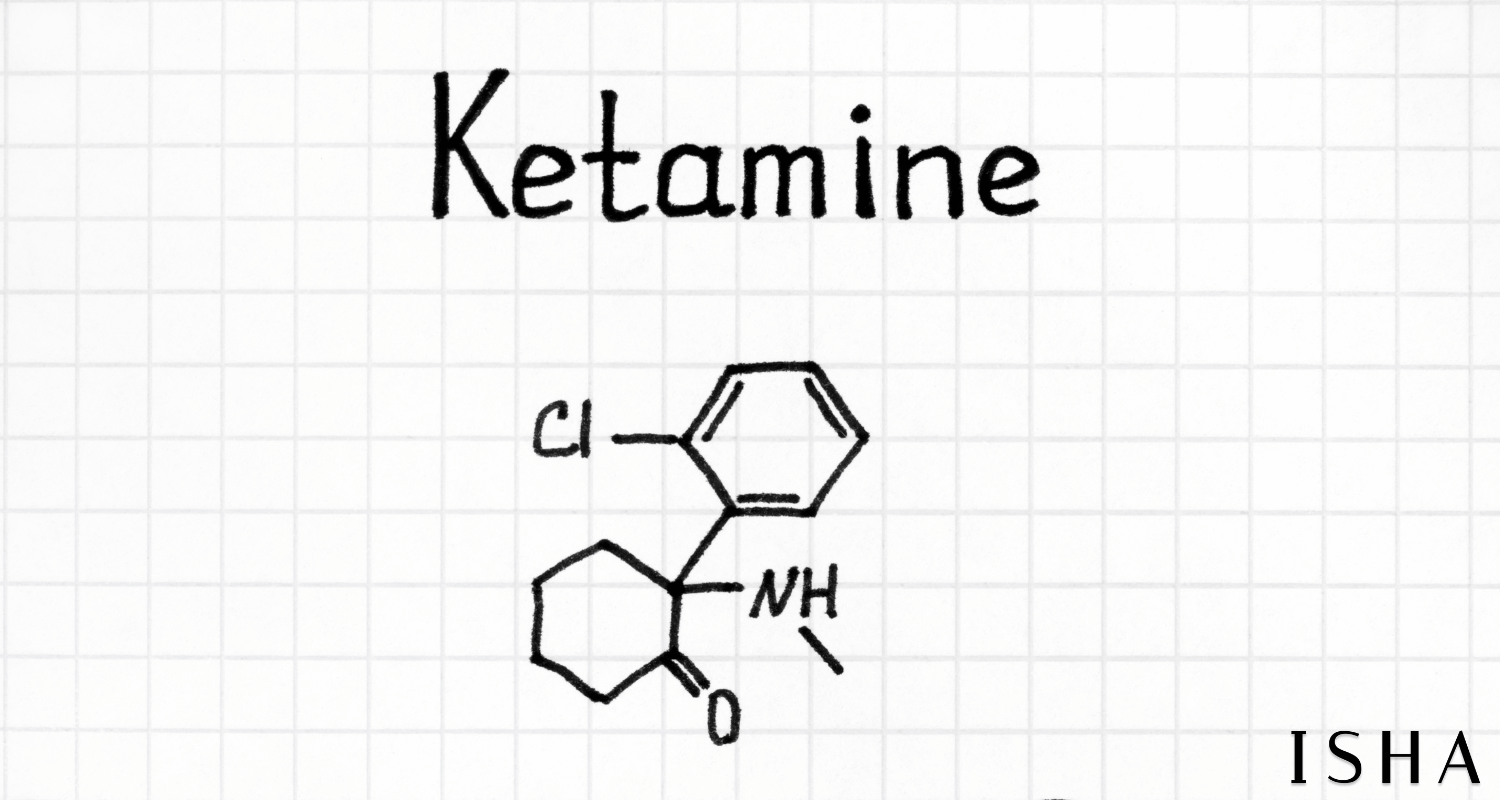Online Ketamine Treatment Available in: AZ, CA, CO, FL, GA, NY, OR, TX, and WA.
Online Ketamine Treatment Available in: AZ, CA, CO, FL, GA, NY, OR, TX, and WA.
FOR PATEINTS
Make an AppointmentpricingOUR TREATMENT APPROACH.png)
Mental Health
September 18, 2023
October 6, 2023
As individuals embark on the journey of drug withdrawal, a curious and often perplexing phenomenon emerges – heightened sensitivity to neurologically active substances. These substances encompass medications that directly impact the brain's function. While this phenomenon remains an enigma, it is widely reported by those undergoing the process of tapering. Individuals frequently describe experiencing intense reactions to substances they once tolerated without issue. Notably, this newfound sensitivity can lead to the exacerbation of withdrawal symptoms, sometimes persisting for extended periods, ranging from days to weeks or even longer.
Although experts continue to grapple with a complete understanding of the underlying mechanisms (1-3), it is acknowledged that this heightened sensitivity is a prevalent occurrence during withdrawal.
Intriguingly, individuals navigating the withdrawal process may exhibit paradoxical responses or heightened activation when exposed to a diverse array of substances. This list includes alcohol, specific antibiotics known to affect the nervous system (4), steroids, caffeine, St. John's Wort, and even certain foods, supplements, and herbs (1,5). Additionally, heightened sensitivities to light and sound, which can amplify the overall sensory experience, are recognized phenomena (6). Exposure to these substances can magnify the intensity of withdrawal symptoms, leading to a noteworthy exacerbation. Consequently, prudent management of these heightened sensitivities involves limiting exposure to these substances throughout the withdrawal journey (1). Significantly, these sensitivities frequently subside or significantly improve as individuals emerge from the withdrawal phase (1).
Curiously, situations may arise wherein individuals who have maintained a relatively stable state during tapering suddenly witness a deterioration in their condition, despite no alteration in the tapering rate. In such instances, the use of one or more of these substance-sensitive triggers might be at play. Consulting a healthcare provider to explore potential correlations between substance use and aggravated symptoms is a valuable step in deciphering these occurrences.
It's imperative to acknowledge that offering tailored medical advice regarding the use or avoidance of prescription medications necessitates a comprehensive understanding of an individual's unique medical context. In cases where a treatment is indispensable to stave off severe illness or safeguard life, adherence to the prescribed treatment may be imperative. Conversely, for situations of lesser gravity, individuals and healthcare providers can collaboratively explore alternative treatments or medications with a reduced likelihood of disrupting the withdrawal process.
Get the latest insights on psychedelic therapy, mental health, and innovative treatments—straight to your inbox.
Sign up
for the
Isha Health
Newsletter
More on
Mental Health
This website has been reviewed by Isha Health California, P.C. and should not be used as medical advice in place of a licensed psychiatric clinician.
IN CASE OF EMERGENCY:
If you are in a life-threatening situation, don’t use this site. Call, text, or chat 988 or 1-800-273-TALK (8255), or use these resources to get immediate help.



.png)

.png)
.png)
.png)
.png)
.png)






.png)
.png)
.png)
.png)









.png)




.png)
.png)
.png)



.png)










.png)
.png)





.png)



.png)



.png)
.png)
.png)
.jpg)

.png)
.jpg)
.png)
.png)

.jpg)

.png)
.png)
.png)

.png)




%202.png)
.png)



.png)
.png)
.png)
.png)
.png)
.png)
.png)